Social Worksheets Results
Social Skills Curriculum for Individuals on the Autism Spectrum
Super Skills: A Social Skills Group Program for Children with High -Functioning Autism and Related Challenges • Grades: 1 to 6 • Description: The Curriculum is based on 30 structured lessons in 4 areas of social skills: Fundamental skills, social initiation skills, getting along with others, and social response skills.
https://url.theworksheets.com/2ney591 Downloads
Preview and Download !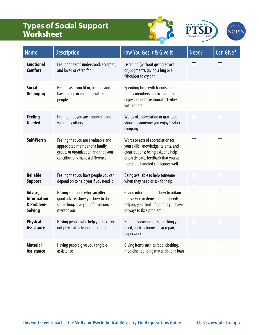


Page 33 of 117 - IRS tax forms
Social Security Benefits Worksheet—Lines 5a and 5b. Keep for Your Records. Figure any write-in adjustments to be entered on the dotted line next to Schedule 1, line 36 (see the instructions for Schedule 1, line 36). If you are married filing separately and you lived apart from your spouse for all of 2018, enter “D” to
https://url.theworksheets.com/ecd872 Downloads
Preview and Download !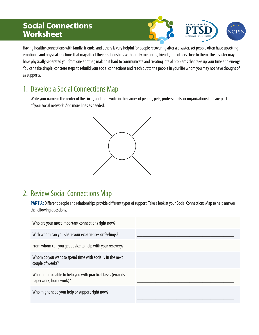
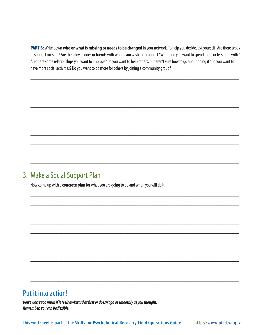

A Brief Cognitive-Behavioral Treatment for Social Anxiety Disorder
that social situations pose, that they have flawed predictions about outcomes of these situations, and that they have inaccurate, biased processing while in social situations (e.g. “mental filter”) (Heimberg, 2002). 3) Exposure essentially consists of role playing activities designed to get patients facing feared situation.
https://url.theworksheets.com/7hme21 Downloads
Preview and Download !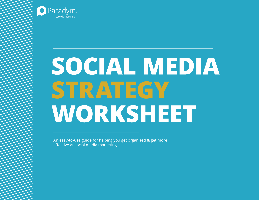
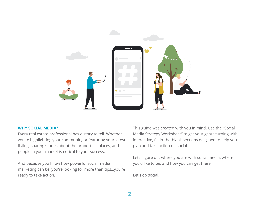
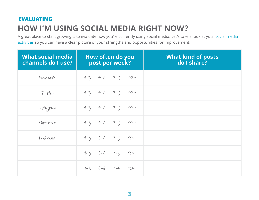
Building Social Networks - Texas Christian University
Social Networks in Recovery is part of the Straight Ahead: Transition Skills for Recovery manual developed at TCU. This session features a leader’s script, with notes, worksheets, and handouts for leading a solution-focused or strengths-based discussion of choosing a supportive network of friends. Participants
https://url.theworksheets.com/1uvm110 Downloads
Preview and Download !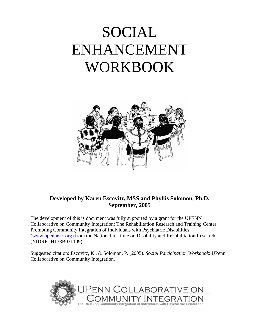

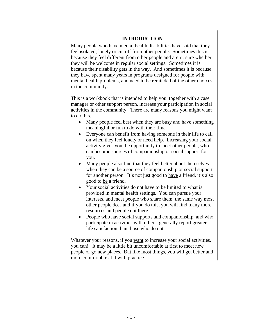
GED Study Guide
SOCIAL STUDIES What you need to know about the GED® Social Studies Test 1 You should be familiar with basic social studies concepts, but you're not expected to have in-depth knowledge of each topic. Remember, the social studies test is not a memorization test! You don’t need to know the capitals of countries or the timeframes that certain ...
https://url.theworksheets.com/6d1953 Downloads
Preview and Download !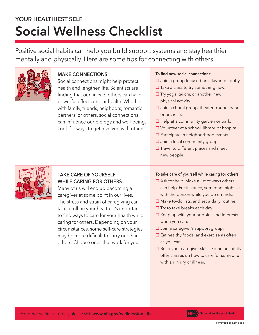
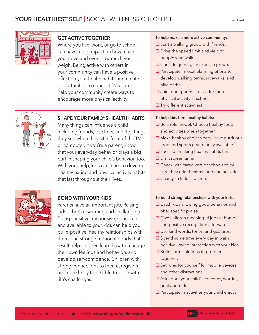
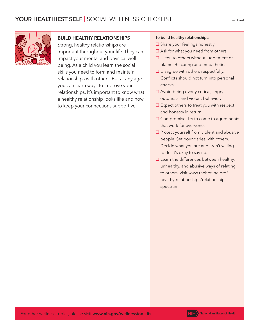
Teens Social Skill Strategies - Whole Person
Teens – Social Skill Strategies. you and your peers are partners in learning. You will expand your social comfort zone as you work on many skills: 1) Mix, mingle, observe and give feedback to each other. 2) Pick up on and portray body language cues. 3) Practice ways to make a good first impression.
https://url.theworksheets.com/4z3h50 Downloads
Preview and Download !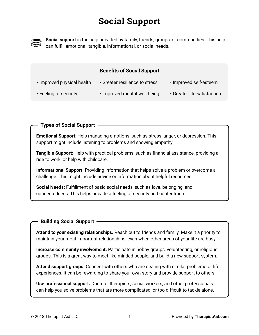
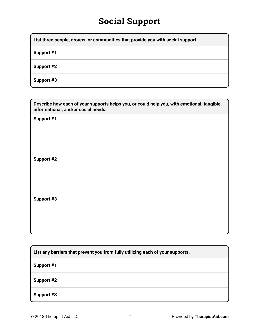
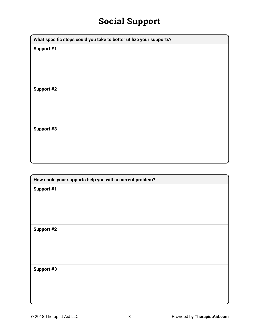
Interpersonal and Social Rhythm Therapy for Bipolar Disorder ...
SOCIAL RHYTHM METRIC-II- FIVE-ITEM VERSION (SRM II – 5) Date (week of): _____ Directions: Write the ideal target time you would like to do these daily activities. Record the time you actually did the activity each day. Record the people involved in the activity: 0 = Alone; 1 = Others present; 2 = Others actively involved; 3 = Others very ...
https://url.theworksheets.com/14lp167 Downloads
Preview and Download !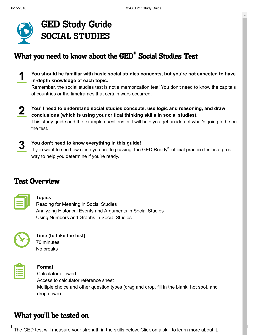

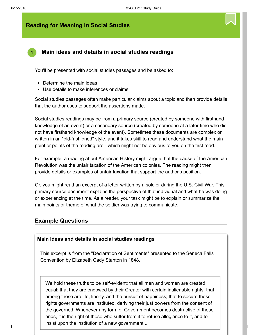
Recovery From Rejection: A Manual of Client Handouts for Clinical Practice
than are individuals who do not have these social-cogni-tive capacities. Finally, sociocultural subtheory asks two different questions. First, why are some parents warm and loving and others cold, aggressive, neglecting, and rejecting? The theory posits that psychological, familial, community, and societal factors are consistently associated
https://url.theworksheets.com/52to26 Downloads
Preview and Download !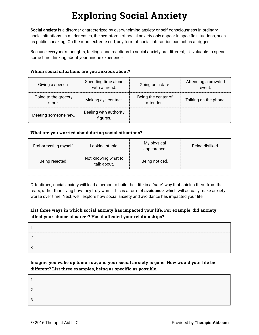


Self-Help Strategies for Social Anxiety - Anxiety Canada
If you have social anxiety disorder, there are a number of strategies that you can use to learn to overcome your fear of social situations. For social anxiety disorder, tools in the toolbox include: TOOL #1: Observing your social anxiety. An important first step in learning to manage social anxiety involves better understanding your social anxiety.
https://url.theworksheets.com/4tnt32 Downloads
Preview and Download !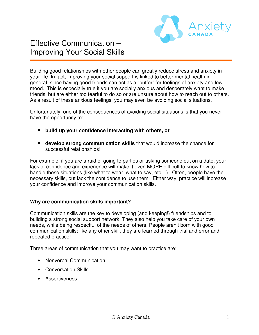
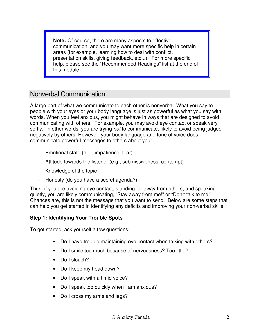
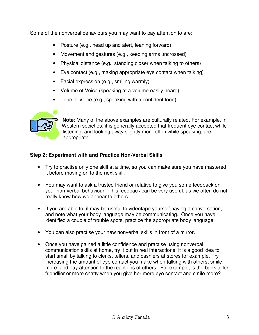
SUPERFLEX SUPERDECKS SUPPLEMENTAL MATERIALS - Socialthinking
Social Detective is an important part of becoming a better social thinker. • Talk about the hidden rules in each new situation. • Talk about the thoughts and emotions people in the situation may be having; include the child and others. • Reinforce Social Thinking vocabulary concepts such as thinking with your eyes, body in the
https://url.theworksheets.com/7t6q49 Downloads
Preview and Download !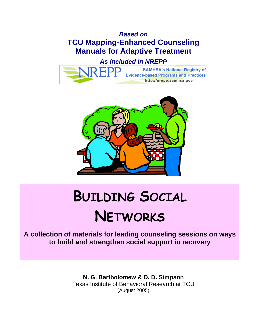
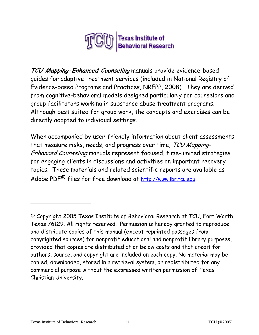
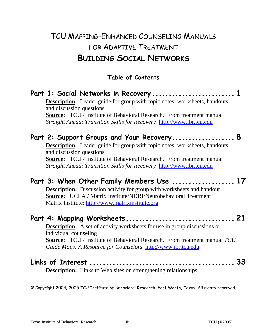
<< Previous results Next results >>